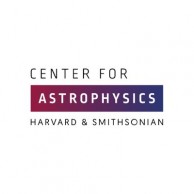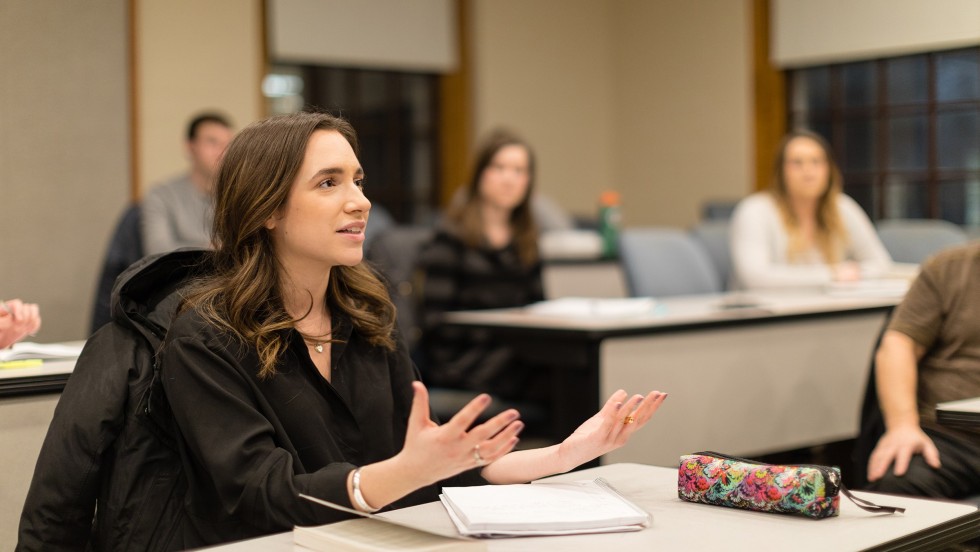Physics & Astronomy
Stonehill’s Physics & Astronomy Department brings together professors with a broad array of expertise, from black hole and planetary astrophysicists to cosmologists and experts in quantum mechanics and optical physics.
Physics major irresistibly drawn to black hole research
Undergraduate research opportunity advanced knowledge on how supermassive black holes form and grow.
Campus Resources Bring Science to Life
Stonehill’s Physics & Astronomy Department brings together professors with a broad array of expertise, from black hole and planetary astrophysicists to cosmologists and experts in quantum mechanics and optical physics.
Stonehill College has made a significant investment in steadily expanding its resources, regularly purchasing the equipment necessary to re-create many of the major experiments supporting our current understanding of physics.
Students who for years in high school memorized the speed of light, the diameter of an atom or the mass of an electron have the opportunity to go into the lab and re-create the experiments that reveal such fundamentals.
The department offers six degrees:
- Physics (B.S. and B.A.)
- Astronomy (B.S. and B.A.)
- Earth & Planetary Sciences (B.S.), an interdisciplinary degree
- Photonics (B.A.)
The Department also offers three minors:
- Astronomy minor
- Photonics minor
- Physics minor
Recent Accolades
Organizations involved in assessing U.S. colleges and universities continually cite Stonehill as being among the best in the nation when it comes to value, outcomes and a commitment to making the world a better place. See full list of accolades.
-
U.S. News Ranks Stonehill in the Top 5% Nationally
After assessing U.S. colleges and universities based on 17 measures of academic quality and graduate outcomes, U.S. News & World Report ranked Stonehill No. 73 in the Best Value category out of 1,500 colleges, while also moving up to No. 83 among National Liberal Arts Colleges.
-
Wall Street Journal 2025 Rankings Place Stonehill Among Best Colleges in U.S.
Stonehill College has been recognized again this year by The Wall Street Journal for the value it provides students, especially in the areas of career preparation and character development.
-
Money Ranks Stonehill Among Best U.S. Colleges in 2024
Money’s 2024 Best U.S. Colleges research shows Stonehill among top 10% nationwide.
Programs of Study
The Astronomy B.S. is designed for students interested in a graduate school degree in astronomy, and those seeking immediate employment in a field requiring an advanced knowledge of applied math, physics and quantitative problem-solving.
The Astronomy B.A. is of interest to students who wish either to pursue an interdisciplinary field or teach at a primary school or secondary school.
The Earth & Planetary Sciences program is meant to serve students with a strong interest in math, physics, chemistry and computational methods applied to planetary sciences, who wish to pursue technical careers (e.g. traditional/alternative energy industries) or graduate studies at research universities with strong earth and planetary science programs.
Stonehill is one of the few colleges in the country to offer an undergraduate Photonics major. Students in the program will be well-positioned to enter graduate school in a number of areas, including physics, electrical engineering, biomedical optics and medicine.
The Physics, B.S. is designed for students who are interested in pursuing a graduate school degree in either physics or astronomy, and those students who seek immediate employment in teaching, private industry or government jobs that require an advanced knowledge of physics.
The Physics, B.A. is designed for students who wish either to pursue an interdisciplinary field or to teach at a primary or secondary level. The Physics B.A. is primarily awarded as part of our Engineering 3+2 Program in partnership with the University of Notre Dame.
Where Our Graduates Work
Our physics and astronomy graduates have gone on to work at a number of notable organizations. Continue exploring where our graduates work.
Thanks to the amazing preparation the faculty has given me, I [took] part in an internship at NASA Goddard Space Flight Center, [making] models of exoplanet spectra and determining if the new James Webb Space Telescope would be able to detect such planets.










